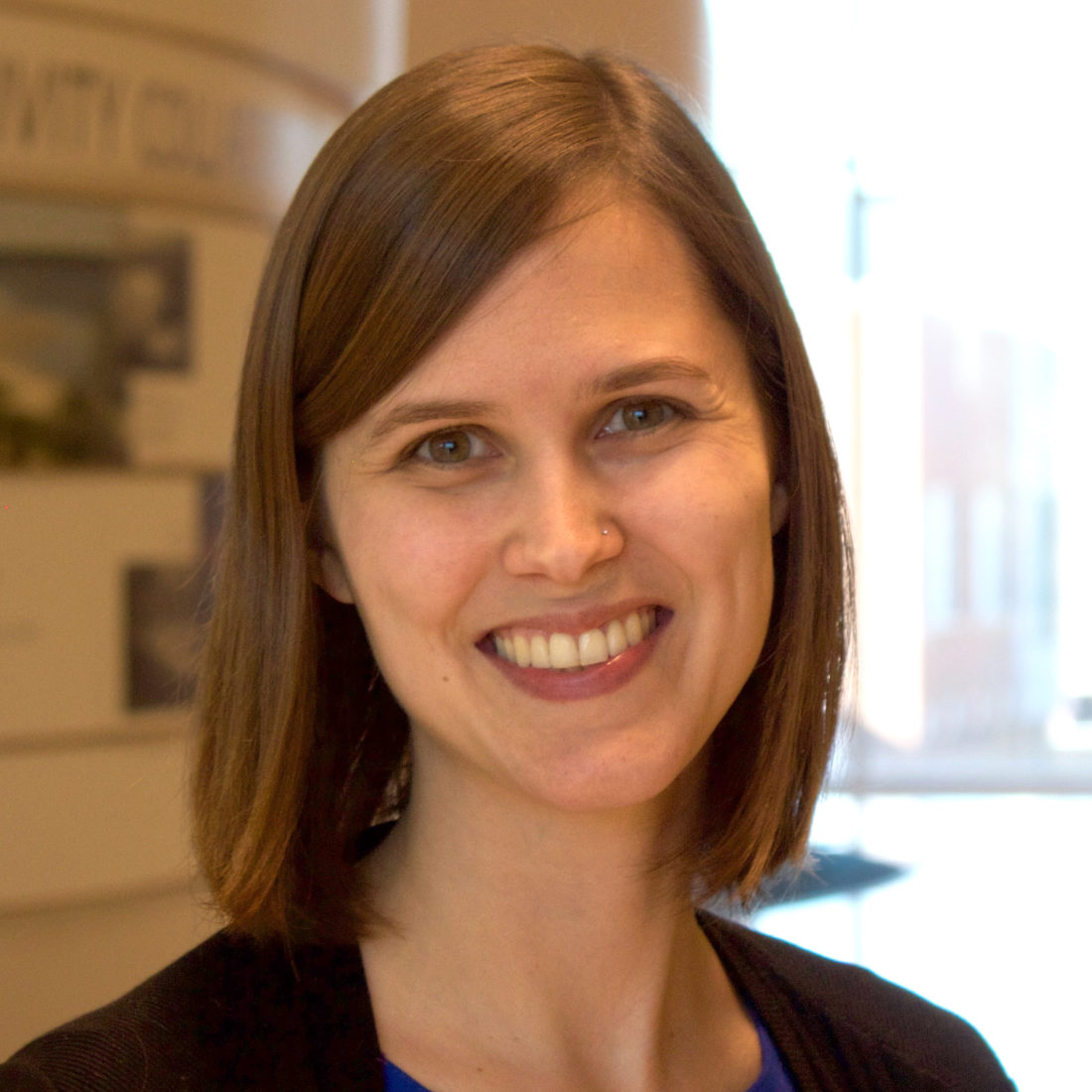BY MAGGIE WOODS
Around the state and across the region, North Carolinians are having increasing trouble talking — and listening — to each other. That’s making it hard for us to get things done in our communities. And people want to find ways to fix that.
That is what I’ve been hearing over the past several weeks, as my colleagues and I from N.C. State University’s Institute for Emerging Issues have held “community conversations” across Western North Carolina. From Buncombe to Clay to Wilkes counties — in coffee shops and at colleges — we’ve met with 80-some people to get their ideas about why it is so hard to connect to each other and how we can do better.
The conversations are part of our preparation for a forum we’ll be having in Asheville on Nov. 27 (rescheduled from an earlier date due to Hurricane Florence) called ReCONNECT to Community, where we’ll be focusing on how — and why — North Carolinians can get more involved in community life.
There are plenty of challenges we’ve heard as we have met with people across the region. “People don’t have time to get involved,” said some people. “People don’t know how to get involved,” said others. Some people lack transportation to participate. Others say negative reports in the media discourage them from participating. Some people reported that they didn’t feel their ideas or concerns were listened to.
North Carolina is not unique in facing these challenges. Nationally, only 31 percent of people agree that “most people can be trusted.” The percentage of North Carolinians who volunteer, 26 percent, is about average nationally, as is our 8 percent rate of people reporting that they have worked with their neighbor to address a community challenge.
At its core, civic engagement is about connection, specifically connecting to one’s community, not just through local government participation but volunteer work, faith community work and really any type of activity that helps you know your neighbor. This leads to community trust and cooperation, which creates a solid foundation to build economic growth.
However, simply knowing your neighbor can seem harder than ever in the 21st century, when it can feel like anonymity and apathy — fueled by stressful jobs and beneficial but sometimes isolating technology — rule in communities where at one time everyone knew everyone.
But none of that means people don’t want to do more together. As we talked with people in community forums, we heard about places and events that are bringing people together, from public libraries to town commons to Friday night football games, and people wondered whether we could do more to build off those gathering places. We heard about how communities can come together in times of crisis, and how many people wish they could find the same common cause when the crisis is over.
At our Nov. 27 ReCONNECT to Community forum, we’ll be sharing what we’ve learned through those conversations and adding in lessons from across the nation and the state. New York Times columnist David Brooks and others will share national success stories. Tru Pettigrew, an African-American community leader, and Cary Police Chief Tony Godwin will talk about how they are bringing together people across their city to address police-community tension.
We’ll bring together people who’ve learned to talk to each other on contentious environmental, economic and education issues. We’ll take a close look at how Asheville City Schools is rallying parents to address racial achievement gaps, plus highlight four other communities that are bringing together new groups of citizens to work together on the big challenges they face.
It’s important work. As one of the participants in our Wilkes County conversation noted, “You have to have love and passion and pride in your community before you can be civically engaged . . . Our county has so much potential, but we need to work together to reach that potential.” It’s time to get started. We need your advice.
Although registration for the Asheville forum has closed, some slots may still be available. Please contact Davina Thrash at dathrash@ncsu.edu if you’re interested in attending. You can also find more information at ReCONNECTNC.org.
Maggie Woods is a policy and program manager at IEI. She is also serving as the ReCONNECT to Community forum’s lead organizer.




Before you comment
The comments section is here to provide a platform for civil dialogue on the issues we face together as a local community. Xpress is committed to offering this platform for all voices, but when the tone of the discussion gets nasty or strays off topic, we believe many people choose not to participate. Xpress editors are determined to moderate comments to ensure a constructive interchange is maintained. All comments judged not to be in keeping with the spirit of civil discourse will be removed and repeat violators will be banned. See here for our terms of service. Thank you for being part of this effort to promote respectful discussion.